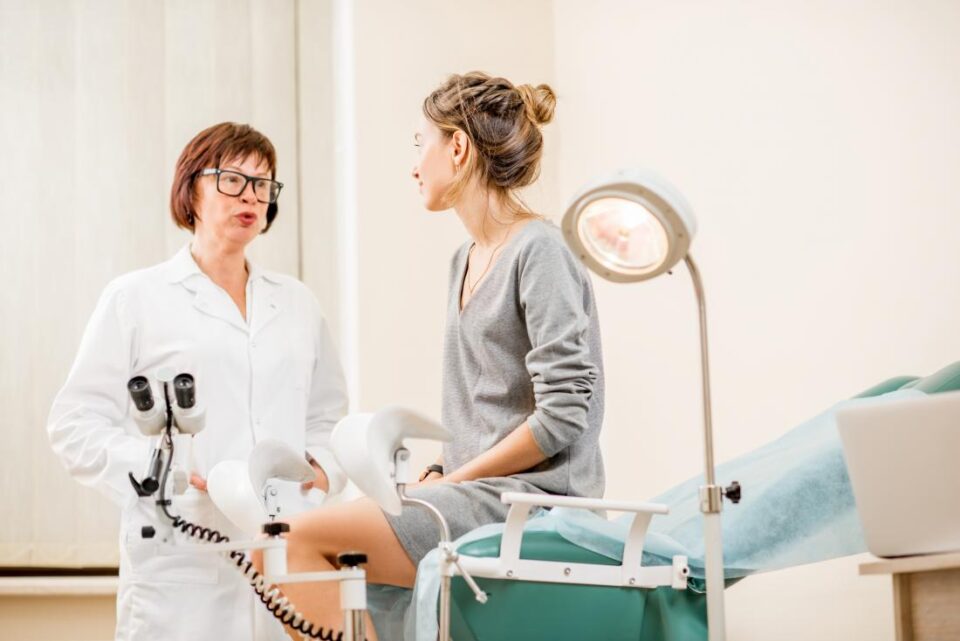The gynecologist monitors women since puberty. Although most women believe that consultation with this professional is only necessary when there is a problem or when sexual life begins, the ideal is that follow-up is done from the first signs of puberty, at 8 or 9, when the breasts start to grow. Pubic hair appears, even if menstruation has not yet started.
By following the girls at that time, the professional assesses the development of sexual characteristics, enabling him to identify possible signs of precocity or delays. When menstruation appears, gynecologists guide young women towards sexuality and the functioning of their bodies. It explains how young women can avoid unwanted pregnancies and prevent themselves from sexually transmitted diseases.
In adulthood, this professional performs a series of routine exams to find possible female health problems, such as Pap smears, specular exams, vaginal examinations, and clinical breast exams.
If this need arises, you can order additional tests, such as urine tests, mammograms, ultrasonography (ultrasound), hemograms, bone densitometry, among others.
After analyzing the results of the exams, the gynecologist treats the patient, or, when the condition is beyond his scope, forwards it to the most appropriate specialist physician. Menopause or pre-menopausal women may seek this professional to reduce associated symptoms, and there may be a need for hormone replacement treatment. It is also responsible for evaluating women who are having difficulties getting pregnant in the first stage. If there is any factor that impairs fertility, it should be referred to the geneticist doctor.
What Are Your Functions?
The gynecologist is primarily responsible for maintaining women’s health using instruments like gynecology forceps for instance. To this end, he performs preventive examinations but also treats diseases developed in the female reproductive system.
Your daily routine consists, most of the time, of consultations and preventive exams. However, when this professional is also an obstetrician, accumulating the two positions, the routine is much more rushed and unpredictable, as he has to be fully available to attend to patients who go into labor.
These professionals can also specialize in some specific areas within gynecology, such as:
Climacteric and Menopause, pelvic pain, general gynecology, gynecological endocrinology, Infant-pubertal Gynecology, Video laparoscopy and Video hysteroscopy, fetal medicine, mast ology, Genital Infection (Infection), family planning (planning), Urogynecology, Human Reproduction, Oncology (clinical and surgical), vaginal surgery Lower Genital Tract Pathology

